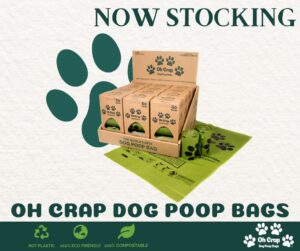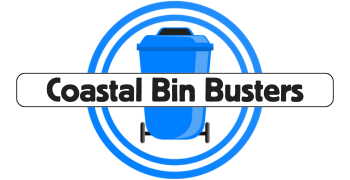Changes To What Goes In Your Organics Bin – Byron And Ballina
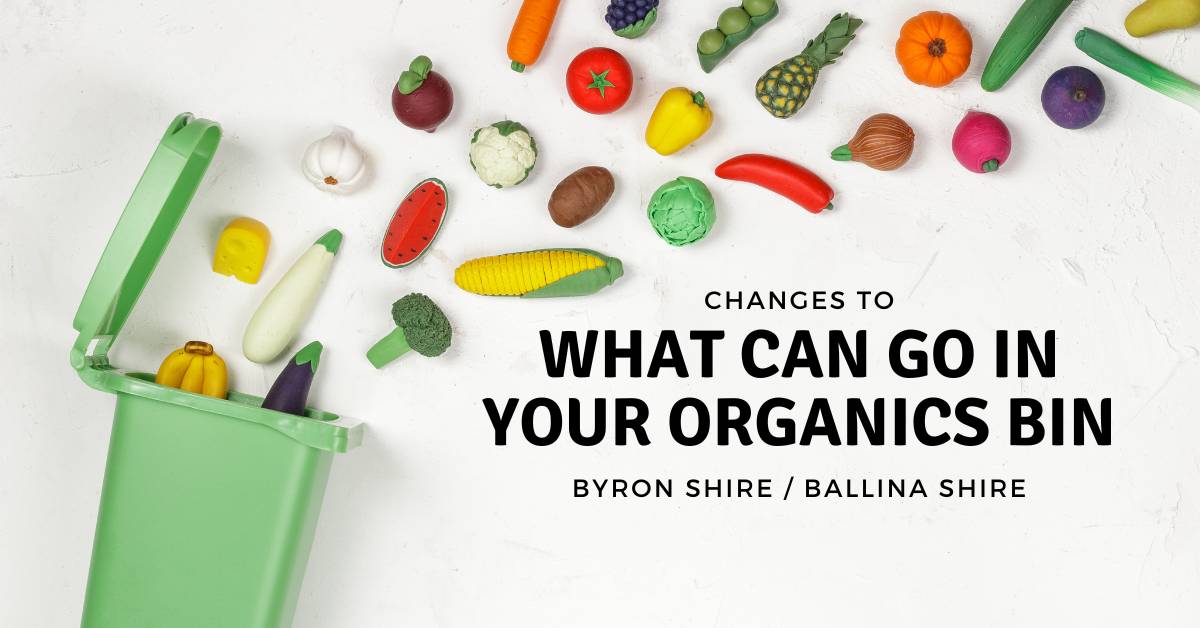
Byron Bay and Ballina’s Green Bin Update
In Byron Bay (and probably Ballin to?), a significant shift is taking place. The green organics bins, a symbol of our commitment to sustainability and environmental stewardship, are undergoing an important transformation. The Byron Shire Council has recently updated the guidelines for what can be placed in your green FOGO (Food Organics and Garden Organics) bin.
This change isn’t just about refining waste management protocols; it’s about taking a step forward in our collective journey towards a more sustainable and environmentally conscious community.
Understanding the Change
Historically, our green bins have been the catch-all for a variety of organic waste, ranging from garden clippings to food scraps. However, as we delve deeper into understanding the impact of our waste on the environment, it’s become clear that not all organic waste is created equal. The recent changes introduced by the Byron Shire Council are a testament to this evolving understanding.
Items that were once considered harmless and routinely placed in green bins, such as bamboo products, cardboard packaging, newspapers (unless used to line a kitchen caddy), paper towels, tissues, and even teabags, are now being reevaluated. The primary concern stems from substances like polyfluoroalkyl (PFAS), which have been identified as harmful to the environment. These substances, often found in common household items, can leach into the soil and water, posing risks to ecosystems and, consequently, to human health.
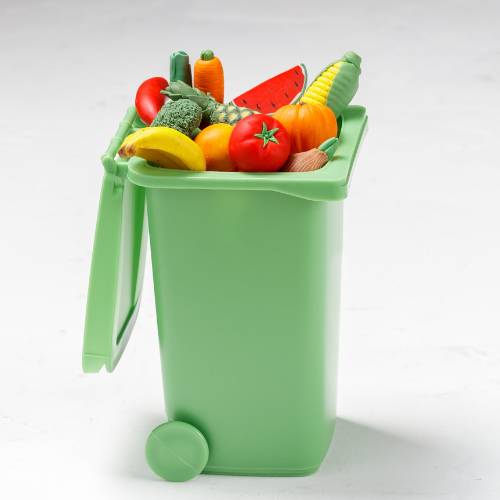
What Goes In and What Stays Out?
In light of these findings, the Byron Shire Council has taken proactive steps to update the guidelines for the green FOGO bin. Here’s a breakdown of what’s encouraged and what’s to be avoided:
Encouraged Items:
- Fruit and vegetable scraps
- Meat and bones
- Seafood
- Dairy products
- Eggshells
- Coffee grounds and loose leaf tea
- Grass clippings and garden waste
- Leaves and flowers
- Small branches and untreated timber
Items to Avoid:
- Bamboo products (plates, cutlery, etc.)
- Cardboard packaging
- Newspapers (unless lining a kitchen caddy)
- Paper towels and tissues
- Teabags
The Reason Behind the Change
The decision to exclude certain items from the green bin is not arbitrary. It’s rooted in a growing body of research highlighting the presence of PFAS in many fiber-based materials. PFAS, a group of man-made chemicals that have been used in various industries around the world since the 1940s, are incredibly persistent in the environment and in the human body. This means they don’t break down and can accumulate over time.
The implications of PFAS on health and the environment are significant. Some studies have shown that exposure to certain PFAS may lead to adverse health outcomes in humans, including increased cholesterol levels, changes in liver enzymes, and increased risk of certain types of cancer.
Navigating the Transition
Change, especially one that involves altering daily habits, can be challenging. However, the Byron Shire Council is committed to supporting residents through this transition. Residents are encouraged to use compostable plastic kitchen caddy liners that comply with the Australian standard AS 4736-2006. These liners are designed to break down safely and efficiently in the composting process, leaving no harmful residues behind.
In addition to using the appropriate liners, residents are also encouraged to consider home composting as an alternative for some of their organic waste. Composting not only reduces the load on the green bin but also provides a rich, nutrient-dense soil conditioner that can be used in gardens.
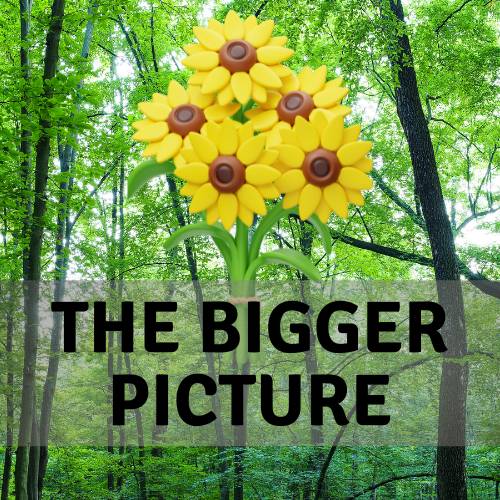
The Bigger Picture
The changes to the green bin guidelines are more than just a local initiative. They are part of a broader movement towards sustainable living and responsible waste management. By reevaluating what we discard and how we do it, we are taking crucial steps towards minimizing our environmental footprint.
In Byron Bay and Ballina, we’re not just cleaning our homes; we’re cleaning our conscience. We’re acknowledging that every choice, every item we toss into the bin, has a ripple effect that extends far beyond our individual lives. We’re recognizing that in our hands lies the power to shape a future that is not just livable for ourselves, but also for the countless generations that will follow.
Embracing the Change
As we navigate these changes, it’s essential to remember that we’re all in this together. The path to sustainability is a collective journey, one that requires the participation and commitment of each one of us. By staying informed, making conscious choices, and supporting each other through these transitions, we can ensure that our beloved Byron Bay and Ballina continue to thrive, not just as beautiful places to live, but as shining examples of environmental responsibility and stewardship.
In conclusion, the update to the green bin guidelines is a significant stride towards a more sustainable future. It’s a call to action, a reminder that every small step counts, and that together, we can make a substantial impact. Let’s embrace this change with open hearts and minds, and continue to nurture the land we call home.
Popular searches
Our Services
Oh Crap Poop Bags
Feel the difference with their extra thick, compostable Poop Bags!
